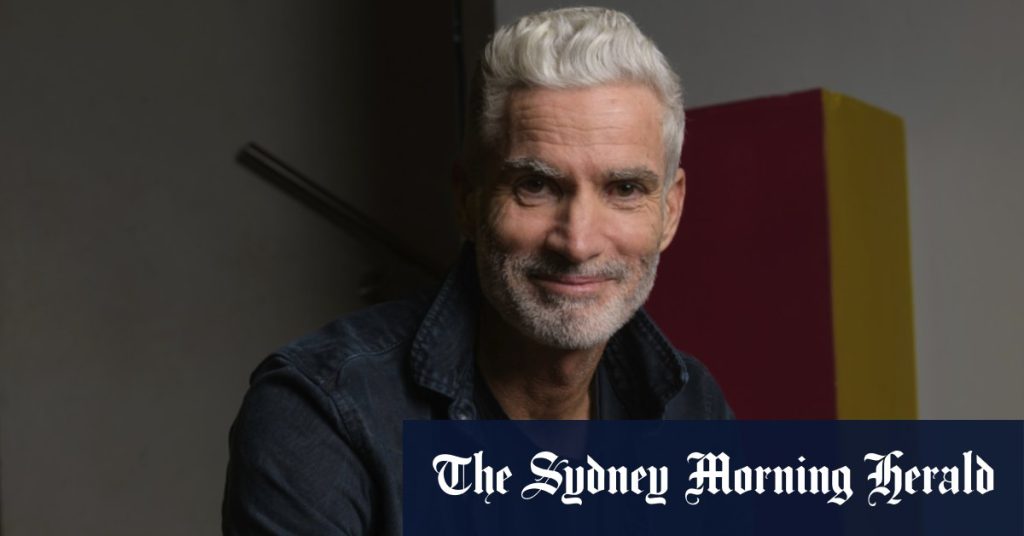State Labor minister Anoulack Chanthivong, Liberal MP Chris Rath, and former member of Bennelong John Alexander were spotted in a bipartisan crowd where they were joined by former British PM Rory Stewart. Stewart, who lost the Tory leadership race to Boris Johnson, offered candid opinions of Brexit and populism, identifying himself as a “teal” in contrast to his former Tory colleagues. The Rest Is Politics podcast, hosted by Stewart and Alastair Campbell, has been a hit, reportedly earning the pair £100,000 a month. Campbell, known for his role in The Thick of It, attracted attention from local politicians during his Australian tour, including NSW Premier Chris Minns, who met with him while Rory Stewart remained elusive.
The ABC annual report revealed surprises, including the cover star Tony Armstrong, who had seemingly departed from his role at ABC News Breakfast for a break in Byron Bay. Executive salaries and softening ratings were highlighted in the report, with managing director David Anderson earning $1.16 million, head of content Chris Oliver-Taylor at $672,744, and head of news Justin Stevens at $556,626. Notably, 151 ABC staff were paid over $250,000, with the highest earner outside of management taking home $562,570. The appointment of arts expert Katrina Sedgwick to the ABC board by Communications Minister Michelle Rowland brought fresh perspectives and diversity, as Sedgwick brings a wealth of experience from her roles in the arts sector and her previous position as head of arts at the ABC.
The appointment of Katrina Sedgwick to the ABC board for a five-year term brought a fresh perspective and diverse background to the national broadcaster. Sedgwick, a renowned arts executive, is chief executive of the Melbourne Arts Precinct Corporation and has previously led the Adelaide Film Festival and the Australian Centre for the Moving Image (ACMI). In addition to her board positions at Back to Back Theatre, Chunky Move, and the Art Gallery of South Australia, Sedgwick also had a role in the 1980s soap opera E Street on Network 10. With the departure of Ita Buttrose as ABC chair, the appointment of Sedgwick, a former ABC staffer and Network Ten alum, represents a nod to diversity and a new creative boost to the broadcaster.
In another event, Rory Stewart, a former British PM contender, was seen mingling with both Labor and Liberal politicians in Australia. Stewart, known for his critical views on Brexit and populism, was hosted on The Rest Is Politics podcast with Alastair Campbell, a former staffer of Tony Blair. The podcast’s success has been attributed to the chemistry between Stewart and Campbell, with Campbell being a major drawcard for local politicians during his Australian tour. NSW Premier Chris Minns met with Campbell, but Stewart remained elusive, capturing the attention of the political crowd with his distinctive stance and candid opinions on contemporary issues.
The mix of political figures at an event in Australia, including state Labor minister Anoulack Chanthivong, Liberal MP Chris Rath, former member of Bennelong John Alexander, and former British PM Rory Stewart, reflects a bipartisan gathering. Stewart’s critical remarks on Brexit and populism, as well as his self-identification as a “teal” in contrast to his Tory colleagues, demonstrate his unique perspective and willingness to engage in open dialogue. The ABC annual report showcased executive salaries, softening ratings, and a diverse range of highly paid staff. Notable appointments, such as arts expert Katrina Sedgwick to the ABC board, highlight the broadcaster’s commitment to diversity and fresh perspectives in its leadership structure.
Overall, the political and media landscape in Australia and the UK intersected in various ways, from bipartisan gatherings with figures such as Rory Stewart and Katrina Sedgwick to discussions on executive salaries and ratings in the media industry. The diverse backgrounds and perspectives brought by individuals like Sedgwick and Stewart offer new insights and opportunities for dialogue, reflecting the evolving nature of politics and media in a global context. The intersections between politics, media, and the arts continue to shape public discourse and influence decision-making in both countries, highlighting the importance of diverse voices and perspectives in shaping our understanding of complex issues.


